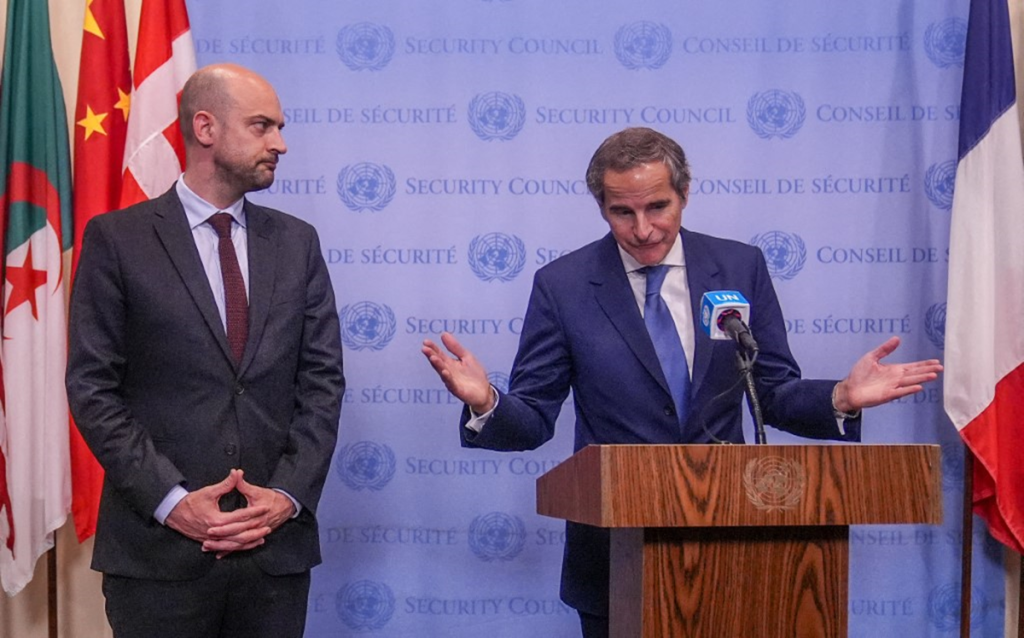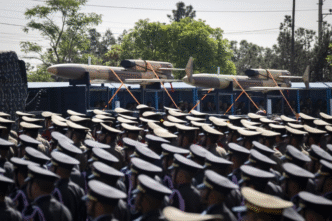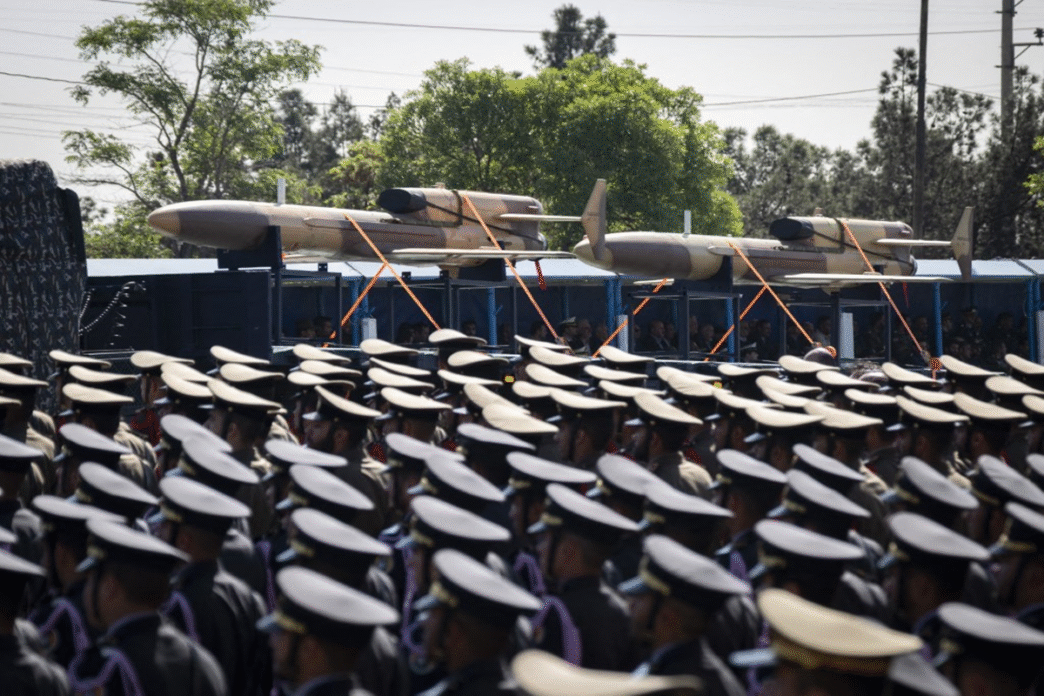The UN Security Council recently held a private meeting, led by France, to talk about nuclear issues involving Iran and Ukraine. French Foreign Minister Jean-Noël Barrot and the head of the International Atomic Energy Agency (IAEA), Rafael Grossi, shared updates on current talks and concerns.
Grossi called the moment “hugely important” due to several ongoing diplomatic efforts. He mentioned key talks between the United States and Iran and said he is regularly speaking with US Ambassador Steve Witkoff and Iran’s Foreign Minister Abbas Araghchi. Grossi stressed the need for the IAEA to keep its ability to check on Iran’s nuclear programme.
The meeting aimed to get Security Council members to take non-proliferation more seriously, support the NPT (Nuclear Non-Proliferation Treaty), and discuss better ways to enforce UN rules.

Barrot told reporters that France supports the US-Iran talks. “Europe’s interest is for Iran never to have a nuclear bomb,” he said. He explained that France is working closely with US officials as a key decision looms this summer—whether to bring back sanctions lifted under the 2015 nuclear deal, known as the JCPOA. That decision depends on what promises Iran is willing to make.
Barrot added that both sides seem open to a deal that would reduce Iran’s nuclear activity in a clear and checkable way.
Grossi also warned about the safety of Ukraine’s Zaporizhzhia nuclear plant. He said the IAEA has had experts there since 2022, but ongoing fighting could lead to a serious incident. Talks about the plant are also part of wider diplomatic discussions, including with Ambassador Witkoff.
Asked about the IAEA’s access in Iran, Grossi said, “We’re still inspecting, but we don’t see as much as we used to.” He admitted it’s hard to fully confirm if Iran is sticking to its past promises. Still, he hopes progress can be made through both political and technical cooperation.


 Trending
Trending 



